Prepare for your trip with ease! Discover the essential documents for international travel, from passports to visas.
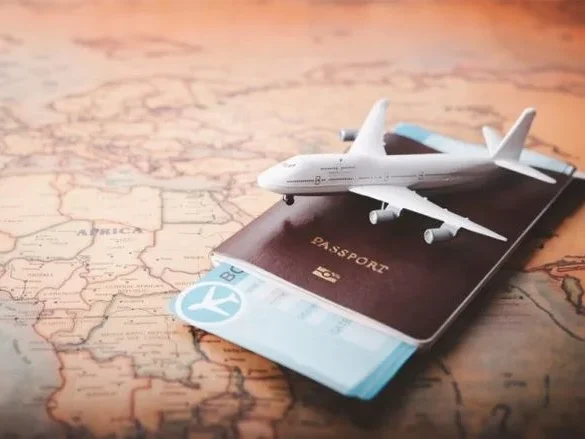
Essential Documents Needed for International Travel
Proper preparation is key to a stress-free journey. Gathering all the vital documents beforehand ensures a smooth transition between countries and avoids unnecessary delays or complications.
Traveling internationally is a thrilling experience that allows you to explore new cultures, meet new people, and create lifelong memories. However, one thing that can dampen your excitement is arriving at the airport or immigration checkpoint and realizing you’ve forgotten a crucial document.

In this comprehensive guide, we’ll cover everything you need to know about the documents required for international travel. This list will ensure you’re fully prepared for your next adventure, from passports and visas to vaccination records and travel insurance.
1. Passport: Your Primary Travel Document
Your passport is your ticket to the world. It’s the most critical document for international travel and serves as proof of identity and citizenship.
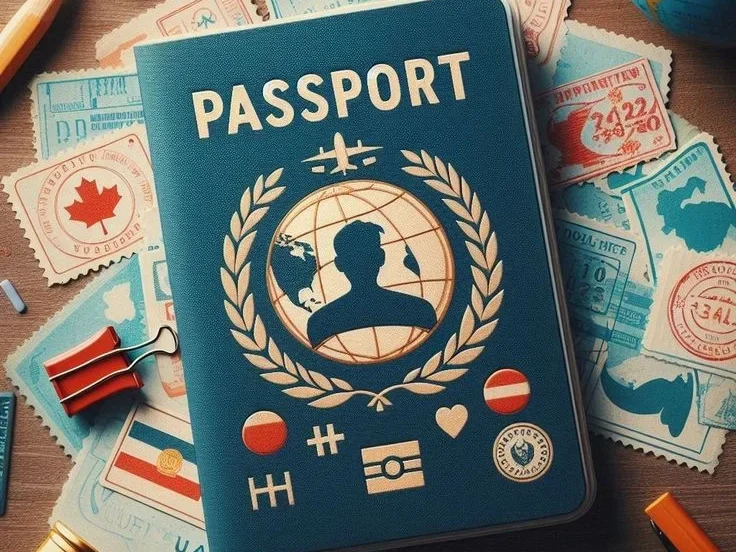
Key Considerations:
- Validity: Most countries require that your passport be valid for at least six months beyond your intended stay. Always check the expiration date well in advance.
- Condition: Ensure your passport is in good condition. Torn pages or water damage could lead to entry denials.
- Blank Pages: Some countries require at least two blank pages for stamps and visas.
Tips for Safeguarding Your Passport:
- Make several photocopies and keep them in different locations, like your luggage and with a trusted person back home.
- Save digital copies on your phone and email them to yourself.
- Use a protective cover to keep it safe from wear and tear.
2. Visa: Permission to Enter Your Destination
A visa is a formal endorsement that permits entering a specific country. The type of visa you need depends on the purpose of your visit, such as tourism, work, or study.
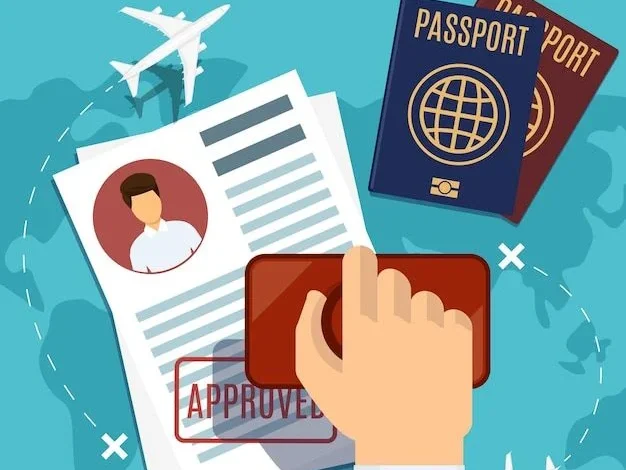
Types of Visas:
- Tourist Visa: For sightseeing and leisure activities.
- Business Visa: For work-related travel or conferences.
- Student Visa: For educational pursuits abroad.
- Work Visa: For employment in a foreign country.
- Transit Visa: For passing through a country en route to another destination.
How to Apply for a Visa:
- Research visa requirements on the official website of the destination country.
- Gather necessary documents like passport copies, photographs, and proof of travel arrangements.
- Apply online or visit the nearest embassy/consulate.
- Allow sufficient time for processing; it can take days or even weeks.
3. Flight Tickets: Proof of Travel Plans
Airlines and immigration authorities often require proof of onward or return travel. Your flight tickets confirm your travel itinerary and help you abide by visa regulations.

Tips for Managing Flight Tickets:
- Book your flights after confirming visa requirements to avoid cancellations.
- Opt for refundable or flexible tickets if your plans are uncertain.
- Keep both digital and printed copies handy for airport and immigration checkpoints.
4. Travel Insurance: A Safety Net for the Unexpected
Travel insurance provides financial protection against unforeseen circumstances such as medical emergencies, trip cancellations, or lost belongings. Some countries, like those in the Schengen Area, mandate travel insurance as part of their visa requirements.
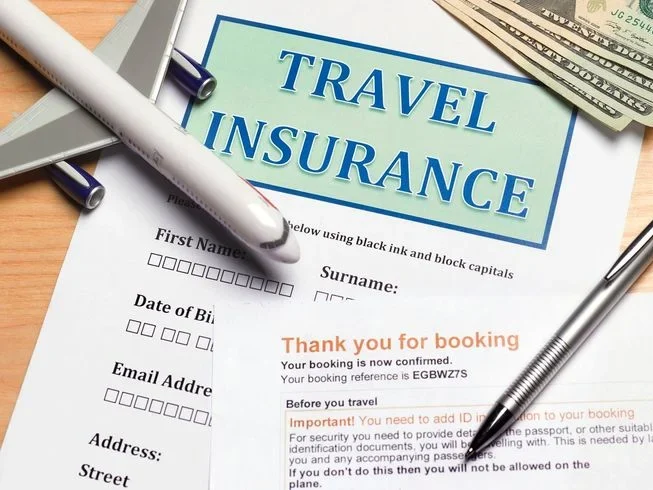
What to Look for in Travel Insurance:
- Medical Coverage: Ensure it includes emergency hospitalization and treatment.
- Trip Cancellations: Protects against non-refundable expenses.
- Baggage Loss: Covers the cost of lost or delayed luggage.
- Adventure Activities: If you’re planning adventurous activities, opt for specialized coverage.
Pro Tip: Always read the fine print to understand what is and isn’t covered.
5. Vaccination and Health Records
Health and safety have become increasingly important in the wake of global health crises like COVID-19. Many countries now require vaccination certificates or proof of negative test results for entry.
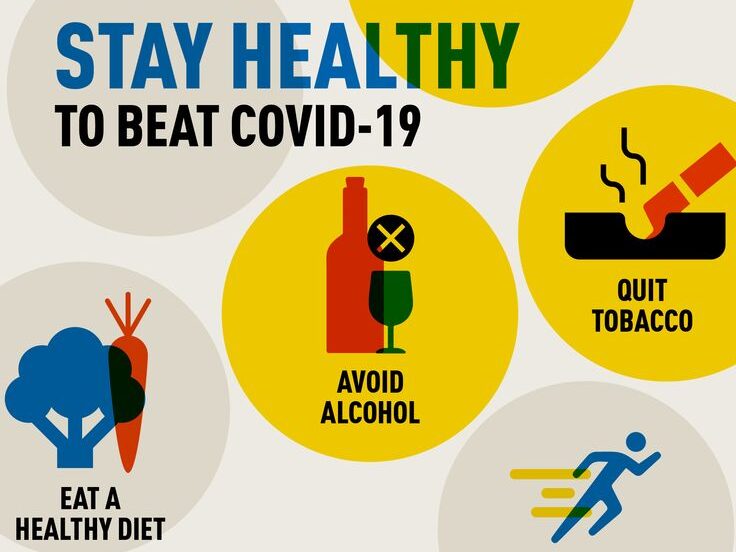
Common Requirements:
- COVID-19 Vaccination Certificate: Ensure it’s issued by a recognized health authority.
- Yellow Fever Certificate: Mandatory for travelers to and from certain regions.
- Routine Vaccinations: Polio, Hepatitis, and Typhoid may be recommended for specific destinations.
How to Prepare:
- Consult your doctor or a travel clinic well in advance.
- Carry both physical and digital copies of your vaccination records.
6. Accommodation Details: Where You’ll Be Staying
Proof of accommodation is often required for visa applications and during immigration checks.
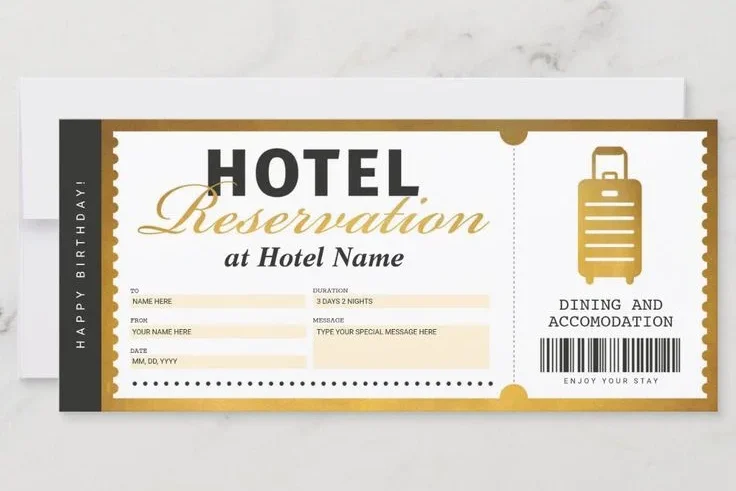
Examples of Acceptable Proof:
- Hotel reservation confirmations.
- Airbnb booking receipts.
- Invitation letters from friends or family, if staying with them.
Pro Tip: Ensure the name and address on your accommodation booking match the details you provide on your visa application.
7. Financial Proof: Demonstrating You Can Afford Your Trip
Many countries require proof that you have sufficient funds to cover your expenses during your stay. This is especially true for tourist and student visas.

What Can Serve as Financial Proof?
- Recent bank statements (last three months).
- Credit card statements showing your available credit limit.
- Sponsorship letters (if someone else is funding your trip).
Tips:
- Keep your financial documents updated and ready for inspection.
- Carry a mix of cash and internationally accepted cards for easy transactions.
8. ID Cards and Licenses: Extra Proof of Identity
While your passport is the primary form of ID for international travel, carrying additional identification can be helpful in certain situations.
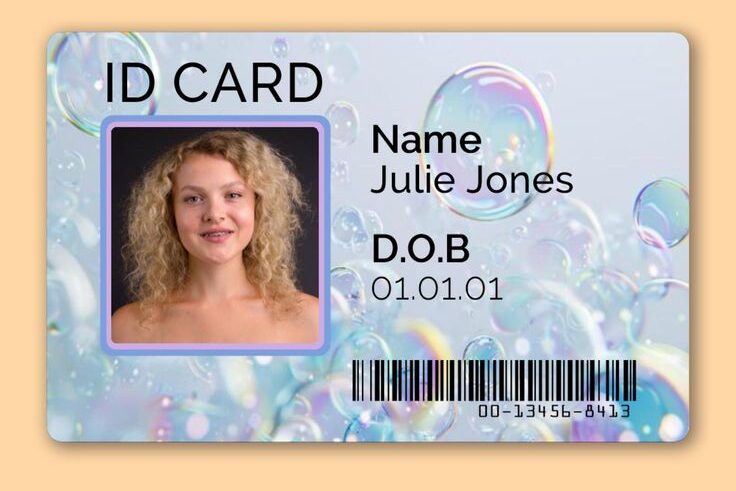
What to Carry:
- National ID cards (if applicable).
- Driver’s license, especially if you plan to rent a car.
- Student ID or work ID for specific travel discounts.
Why It’s Useful:
These documents can serve as secondary identification if you misplace your passport or need to verify your identity at hotels or other services.
9. Detailed Itinerary: Your Travel Plan in Writing
A well-documented itinerary shows immigration officers that you have a structured plan and are unlikely to overstay your visa.
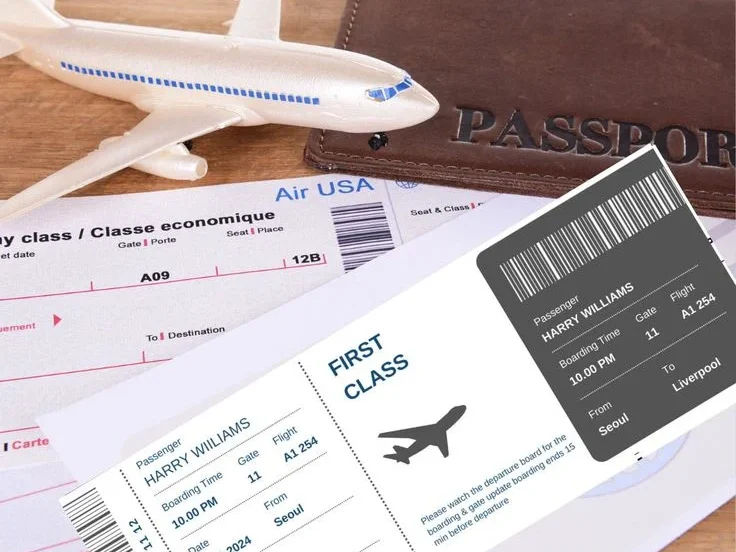
What to Include in Your Itinerary:
- Flight details, including arrival and departure times.
- Accommodation addresses and contact information.
- Scheduled activities and tours.
10. Local Currency and Payment Options
Access to funds is crucial when traveling abroad, whether for paying for transportation, meals, or emergency purchases.

Currency Options:
- Exchange some local currency before departure for immediate expenses.
- Use international debit or credit cards with no foreign transaction fees.
- Consider prepaid travel cards as a safer alternative to carrying large amounts of cash.
Tips:
- Notify your bank of your travel plans to avoid your card being flagged for suspicious activity.
- Keep small denominations for tips and minor expenses.
11. Emergency Contact Information
Unexpected situations can arise, so having a list of emergency contacts is essential.
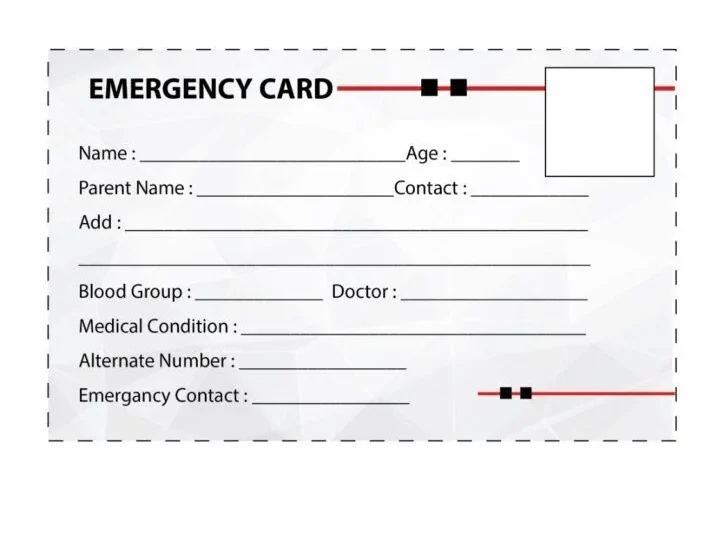
Who to Include:
- Local embassy or consulate of your home country.
- Close family or friends who can be reached quickly.
- Travel insurance provider’s emergency hotline.
Pro Tip: Save these numbers in your phone and write them down on paper for backup.
12. Special Documents for Unique Situations
Depending on the purpose of your travel, additional documents may be required:
- For Work Trips: Employment contracts, company invitation letters, or conference registrations.
- For Study Abroad: Admission letters, student ID, and proof of tuition payment.
- For Immigration: Permanent residency documents, work permits, or dependent visas.
Organizing Your Documents: Tips for a Stress-Free Experience
Now that you know which documents to carry, it’s time to organize them efficiently.
- Use a Travel Organizer: A travel wallet or organizer with multiple compartments is ideal for storing passports, tickets, and other essentials.
- Make Digital Backups: Scan all your documents and save them in a secure cloud storage service like Google Drive or Dropbox.
- Distribute Copies: Keep copies of critical documents in your carry-on, checked luggage, and with someone you trust back home.
- Protect Against Damage: Use waterproof pouches for important papers to prevent damage from spills or rain.
FAQs: Essential Documents Needed for International Travel
Traveling internationally can be exciting, but it often comes with questions about the required documents. To help you prepare, here’s an extensive FAQ that addresses common concerns and provides detailed answers to ensure your journey goes smoothly.
1. What are the most essential documents needed for international travel?
The key documents you need include:
- A valid passport (with at least six months of validity).
- Visa (if required for your destination).
- Flight tickets.
- Travel insurance.
- Vaccination or health certificates (if applicable).
- Proof of accommodation.
- Financial proof (e.g., bank statements).
- A detailed itinerary.
These documents ensure that you meet the legal and procedural requirements of your destination country.
2. How far in advance should I apply for a passport or renew it?
It’s best to apply for a new passport or renew your existing one at least three months before your trip. Most countries require your passport to be valid for at least six months beyond your travel dates, so check its expiry date well in advance.
Tips for Renewal:
- Gather necessary documents like your old passport, ID proof, and recent photographs.
- Opt for expedited services if your travel date is near.
3. Do I need a visa for every international destination?
No, visa requirements depend on the country you’re visiting and your nationality. Some countries have visa-free agreements, while others may require a visa before entry.
Steps to Determine Visa Requirements:
- Check the official immigration website of your destination country.
- Use online visa-check tools provided by airlines or travel agencies.
- Contact the embassy or consulate of the destination country.
4. What should I do if my visa application is rejected?
If your visa application is denied, don’t panic. Here’s what you can do:
- Understand the reason for rejection (usually provided in a formal letter).
- Correct any errors or provide additional documents, if needed.
- Reapply with updated information.
- Seek assistance from visa consultants for complex cases.
5. Is travel insurance mandatory for international travel?
While not mandatory for all countries, many destinations require proof of travel insurance, especially for visa approval (e.g., Schengen countries). Even if it’s not mandatory, travel insurance is highly recommended to cover unforeseen events such as medical emergencies, trip cancellations, or lost luggage.
Key Points:
- Choose a plan that covers your entire trip duration.
- Ensure it includes medical, baggage, and trip interruption coverage.
6. What types of health or vaccination certificates are required?
The requirements depend on your destination and current global health guidelines. Common certificates include:
- COVID-19 Vaccination Certificate: Mandatory for many countries.
- Yellow Fever Certificate: Required for travelers to or from certain regions.
- Polio, Hepatitis, or Typhoid Vaccines: Recommended for specific destinations.
How to Obtain These Certificates:
- Visit your local health department or travel clinic.
- Carry both digital and physical copies.
7. What proof of accommodation is acceptable?
Immigration authorities may ask for proof of accommodation to confirm your stay details. Acceptable documents include:
- Hotel or Airbnb reservation confirmation.
- Invitation letter from friends or family (with their address and contact details).
- Rental agreement, if applicable.
Tip: Ensure the booking details match the information on your visa application.
8. Why do I need proof of financial stability?
Many countries require proof of funds to ensure you can support yourself during your stay. This is particularly important for tourist, student, and work visas.
Examples of Financial Proof:
- Recent bank statements (last three months).
- Proof of employment or income.
- Sponsorship letter (if someone is funding your trip).
9. What happens if I lose my passport while abroad?
Losing your passport can be stressful, but it’s manageable. Follow these steps:
- Report the Loss: Notify the local police and get a written report.
- Contact Your Embassy/Consulate: They can issue an emergency travel document.
- Provide Required Documents: Carry a copy of your passport, recent photos, and an ID for verification.
Tip: Always carry a digital and physical copy of your passport for emergencies.
10. Are digital copies of documents accepted at immigration?
While digital copies are useful backups, most immigration authorities require original documents, such as your passport and visa. However, digital copies can help in emergencies, like lost documents or identity verification.
11. What is an International Driving Permit (IDP), and do I need one?
An International Driving Permit is a translation of your home country’s driver’s license and is often required for renting a car abroad.
When You Need an IDP:
- If your destination country mandates it.
- If your license is not in a widely recognized language (e.g., English, Spanish).
How to Obtain an IDP:
- Apply through your country’s authorized agencies (e.g., AAA in the U.S.).
- Provide a copy of your license, photos, and an application fee.
12. How can I keep my travel documents safe?
Organizing and safeguarding your documents can prevent loss or theft.
Tips for Keeping Documents Safe:
- Use a travel organizer with compartments for passports, tickets, and IDs.
- Store digital copies in a secure cloud platform like Google Drive.
- Carry photocopies in your luggage or with a trusted companion.
- Use waterproof and tamper-proof pouches for protection.
13. Do children need separate passports and visas?
Yes, children require their passports and, in most cases, separate visas. Parents must provide additional documentation, such as:
- Birth certificate copies.
- Consent letter from both parents (if traveling with one parent or a guardian).
- Proof of relationship with the child.
14. How can I ensure my travel documents are up to date?
Staying proactive about document validity can save time and hassle.
Checklist for Updates:
- Check passport expiry dates regularly.
- Renew visas or residence permits in advance.
- Keep vaccination records updated, especially for frequent travelers.
15. What additional documents might I need for specific travel purposes?
Depending on your trip’s purpose, you may need:
- For Business Travel: Invitation letters, company authorization, or proof of employment.
- For Study Abroad: Admission letters, proof of tuition payment, and student ID.
- For Immigration: Residency permits, employment contracts, or dependent visas.
Addressing these common questions will better equip you for your next international adventure. Proper planning and preparation are key to a smooth journey, so double-check your documents before you leave. Safe travels!
Also visit, for more details:- “Top 4 Investment Options: Index Funds, Mutual Funds, ETFs, or Fixed Deposits?” – Knowledge Kendra
For more information visit:- The Ultimate International Travel Checklist




I think this web site has very fantastic composed subject matter blog posts.
http://www.tlovertonet.com/